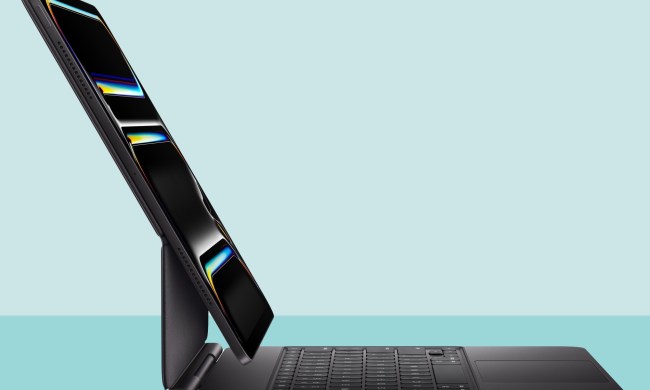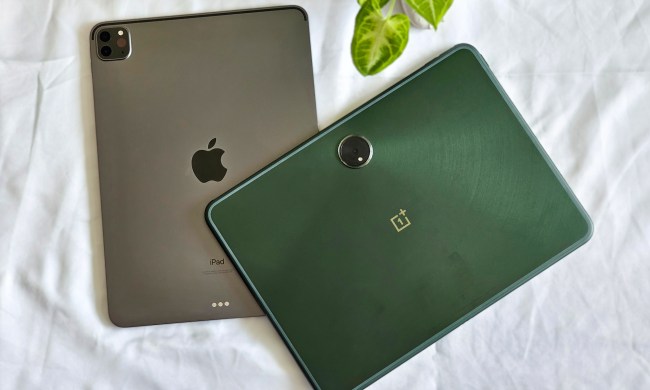The $30 million contract was awarded to Apple’s tablet as it was deemed at the time to be “both the best in quality and the least expensive option that met the district’s specifications.”
It came as little surprise to discover that competitors such as Microsoft were unhappy about the decision, with Robyn Hines, senior director of state government affairs for the Redmond-based computer giant, claiming that by considering only a single device, the district was at risk of losing out from future price reductions and innovations on other platforms.
In addition, Hines added that students should be given the chance to experience a range of platforms and machines, such as those from Microsoft, as the workplace is not just limited to Apple products.
About-face
Well, it looks like the school district has come around to Hines’ way of thinking, announcing recently that following a troubled iPad rollout, it’s made the decision to look instead at a range of other computing devices for different schools within the district.
The LA Times reported Sunday that representatives from 27 high schools are currently testing out six machines, with each school asked to pick one device that best suits its needs. Those devices will then be tried out in the fall by administrators, teachers and students to confirm it’s the best fit for that particular school.
In words oddly reminiscent of Hines’ protestations a year ago, Los Angeles Unified school board member Monica Ratliff told the LA Times: “Why would we treat all our students — whether they are a first-grader or a high school freshman — as if they all had the same technology needs? They don’t….To have a one-device-fits-all approach does not make sense.”
iPad issues
Ratliff’s words come several months after the district’s iPad scheme suffered issues when many students ignored the tablet’s preloaded education-focused apps and instead spent time on sites like Facebook and Twitter after discovering a hack to beat software designed to prevent access to such sites. The situation led to the district suspending distribution of Apple’s slates among its schools.
Having reviewed the situation, the education body now wants to offer its schools a greater variety of machines, among them a Lenovo Yoga laptop, the Dell Latitude E7240 and – this’ll please Robyn Hines –the Microsoft Surface Pro 2. A couple of Chromebooks are in the mix, too, though the iPad is not.
Carolyn McKnight, principal of a school in East Los Angeles, told the LA Times that in her opinion the iPad fell short of requirements, with students more comfortable working with larger-screen laptops and a proper keyboard. She added that while she liked Microsoft’s more laptop-like Surface 2 slate, she was concerned that students would end up losing its detachable keyboard. In the end, McKnight opted for the Yoga machine for her school.
This latest contract with computer manufacturers could be worth as much as $40 million, the LA Times said. As for Apple, it’s not clear if its $30 million contract with LA’s education remains in place, with some schools in the district still apparently waiting to receive the tech company’s tablet.
Tablet or laptop?
Although many educational establishments have been opting for the iPad as their machine of choice for high-tech teaching, for the LA Unified School District it turned into something of a disaster.
With the education sector an increasingly important one for tech companies seeking out new markets, LA’s decision may be a signal for laptop makers to work harder than ever to get their machines into the classroom over the iPad and other tablets.


